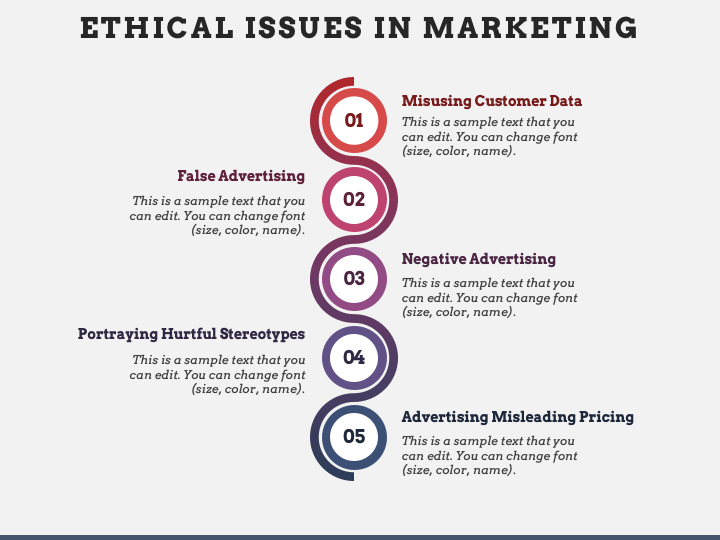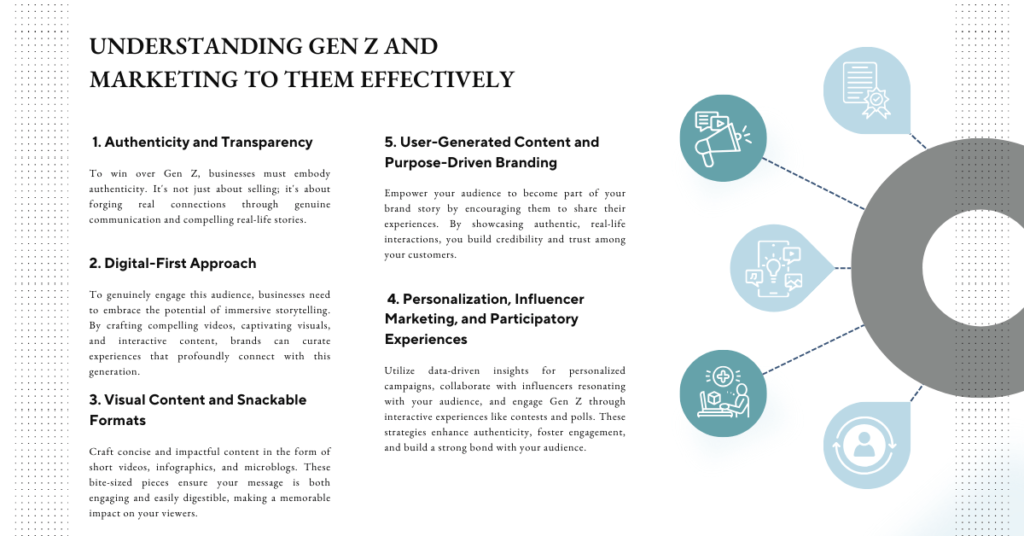
Contents
Over the past decade, influencer marketing dilemma is one of the most discussed topic. Influencer marketing has emerged as a prominent and influential advertising strategy in the digital era. By leveraging the power of social media influencers, brands and businesses have been able to reach a vast and engaged audience. However, as this marketing approach continues to gain popularity, it has also sparked a debate regarding its ethical implications. The clash between authenticity and commercialization raises questions about the ethical practices of influencer marketing.
The Rise of Influencer Marketing: An Overview
Influencer marketing has evolved from traditional advertising methods to harnessing the potential of social media influencers. Today, influencers have become powerful catalysts for brand growth and consumer engagement. According to a recent study, 63% of consumers trust recommendations from influencers more than those from traditional advertisements.
The connection influencers establish with their audience is a key factor driving their effectiveness. Unlike traditional advertising methods, influencer marketing successfully taps into the trust and genuine connection influencers develop with their followers. As a result, their endorsements hold substantial weight, often translating into increased brand awareness, customer loyalty, and sales.
Authenticity vs. Commercialization: A Delicate Balancing Act
It is in the pursuit of commercial gains that the ethical quandary of influencer marketing arises. While authenticity is essential for maintaining the trust of their audience, influencers also need to generate income from brand partnerships and promotional content. The challenge lies in striking a delicate balance between authenticity and commercialization.
Authenticity is the cornerstone of influencer marketing. It is the embodiment of genuine experiences, opinions, and recommendations that resonate with followers on a personal level. When influencers authentically endorse a product or service, their followers perceive it as a genuine recommendation rather than a sales pitch.
However, when influencers prioritize commercial gains over authenticity, the trust they have established with their audience is questioned. Excessive promotional content, undisclosed sponsorships, and disingenuous endorsements can all erode the credibility of influencers, leading to a loss of trust and potential backlash. Striking the right balance between authenticity and commercialization is crucial for ensuring the effectiveness and longevity of influencer marketing.
Ethical Concerns in Influencer Marketing
The ethical concerns surrounding influencer marketing are varied and range from transparency to misrepresentation. One of the primary issues revolves around undisclosed sponsorships. When influencers fail to disclose their partnerships, they risk misleading their audience and undermining the authenticity that is the foundation of their influence.

Similarly, dishonest product endorsements present another ethical challenge. If an influencer promotes a product without a genuine belief in its quality, they risk misleading their audience and compromising their authenticity. This not only deceives consumers but also damages the trust established between influencers and their followers.
The use of fake followers and inflated engagement metrics also poses ethical concerns. Some influencers resort to purchasing fake followers or inflating their metrics to appear more influential. This deceitful practice misrepresents their actual reach and engagement, leading to dishonest partnerships and disappointing outcomes for brands.
Regulatory Measures and Industry Guidelines
Recognizing the ethical concerns revolving around influencer marketing, regulatory measures and industry guidelines have been implemented to ensure transparency and fairness in these advertising practices.
The Federal Trade Commission (FTC), for instance, has established disclosure requirements that influencers must adhere to. These guidelines mandate influencers to clearly disclose any material connection they have with a brand or product when endorsing it. This includes using hashtags such as #ad or #sponsored to make it clear that the content is sponsored.
While such measures are a step in the right direction, their effectiveness in preventing ethical violations remains a challenge. Ensuring continuous compliance and monitoring the vast digital landscape and influencer activities is no easy feat. Stricter enforcement and collaboration between regulators, brands, and influencers are needed to combat these ethical issues effectively.
Striking a Balance: The Way Forward
To navigate this ethical landscape successfully, both influencers and brands must prioritize authenticity, transparency, and long-term relationships over short-term commercial gains.

For influencers, maintaining authenticity is paramount. They should only endorse products or services they genuinely believe in and have personally experienced. By prioritizing their audience’s interests and ensuring transparency, influencers can build a foundation of trust and credibility.
Brands, on the other hand, need to take a responsible approach to influencer marketing. Instead of emphasizing quick gains, they should invest in building sustainable long-term relationships with influencers. By aligning with influencers whose values align with their brand, collaborating on meaningful and well-executed campaigns, and ensuring transparency and disclosure, brands can maintain their integrity while reaping the benefits of influencer marketing.
There are numerous success stories of influencers who have effectively balanced authenticity and commercialization. By being transparent about sponsorships, creating engaging and honest content, and staying true to their personal brand, these influencers have garnered loyal followings and achieved commercial success.
The debate surrounding the ethics of influencer marketing shines a light on the delicate balance between maintaining authenticity and pursuing commercial gains. While the practice holds immense potential in reaching and engaging with consumers, it is crucial to prioritize transparency, credibility, and ethical responsibility to ensure a fair and trustworthy digital marketing landscape.
By staying true to their audience, maintaining authentic connections, and adhering to regulatory guidelines, influencers and brands can cultivate long-lasting relationships and achieve sustainable success. Upholding ethical standards fosters an environment of trust and fairness, setting the stage for influencer marketing to thrive while preserving its integrity.